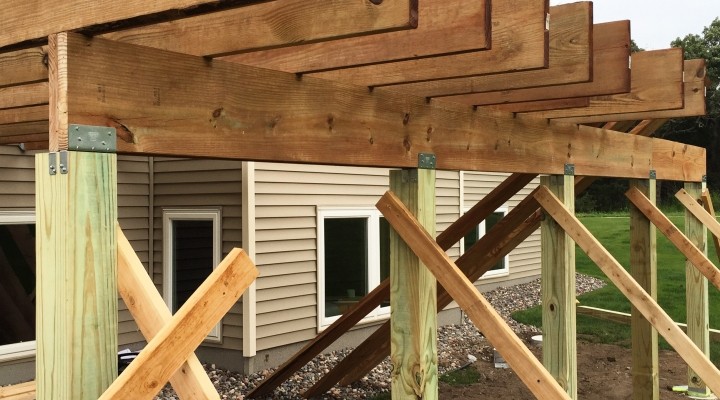How to Prep Your HVAC System for Fall and Winter
Waiting until the cooler weather sets in to check your HVAC system may leave you without heat when you need it most! Here are a few simple steps for prepping your heating and cooling system for the cooler months ahead.
Put Your AC to Bed
Prevent clogs and discourage pests by rinsing away the dirt and grime that’s accumulated on your AC unit. Also remove leaves, branches and other debris from the surrounding area. Inspect the system for damage and then cover the exposed pipe with foam insulation; this will prevent freezing.
Finally, you’ll want to cover the unit but not entirely, as this could lead to moisture problems. Use a specially designed AC cover, or simply place a piece of plywood on top of the unit to keep out the winter weather and debris.
Fine-Tune Your Furnace
Schedule a service call with a heating professional now. If you wait until heating season is in full swing, you may find it difficult to get on a contractor’s busy schedule. A furnace checkup will include a review of your thermostat settings, an inspection of controls and drains, a tightening of electrical connections, and the lubrication of moving parts.
Go the Extra Mile
Now that your system is ready, keep your furnace running its best by changing the filter regularly, typically every month. Identify areas of your home where warm air might escape and seal them appropriately. Caulk leaky windows and doors, and seal gaps around chimneys and recessed lights in insulated ceilings.
If you’re really looking to make an impact on your energy usage, consider an energy audit. It can help you spot problem areas and prioritize the fixes to make sure your home, and every system in it, is operating at peak efficiency.
PENCO Management has the expertise to deal with various issues that your Homeowners or Condominium Association may encounter on a daily basis. Our company provides Property Management services to New Castle, Chester, Delaware, Montgomery, Berks, Bucks, and Lancaster Counties. Our management team would be happy to schedule a meeting with your Board of Directors to discuss your Communities’ needs, as well as answer these very important questions regarding PENCO’s services.
Submitted By:
Michael Brod
Assistant Property Manager









